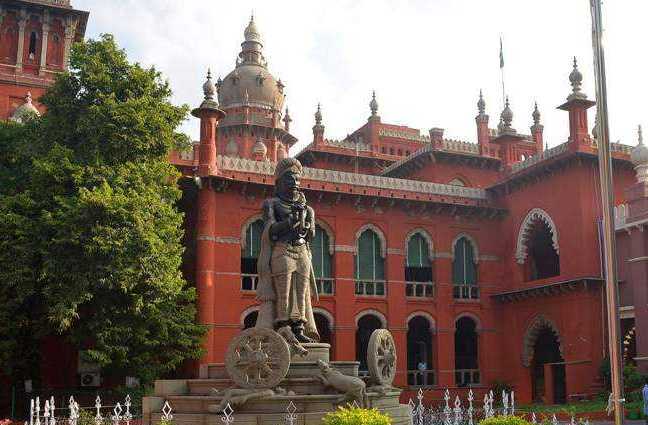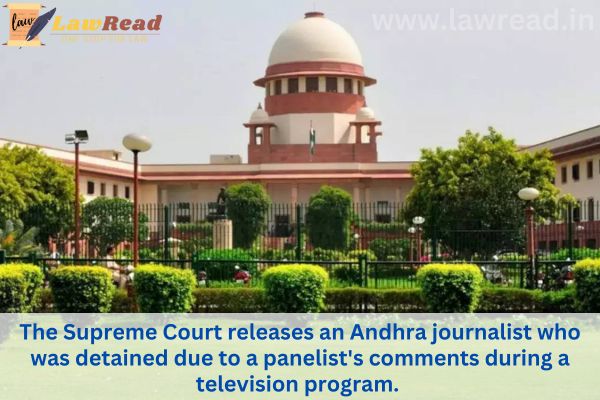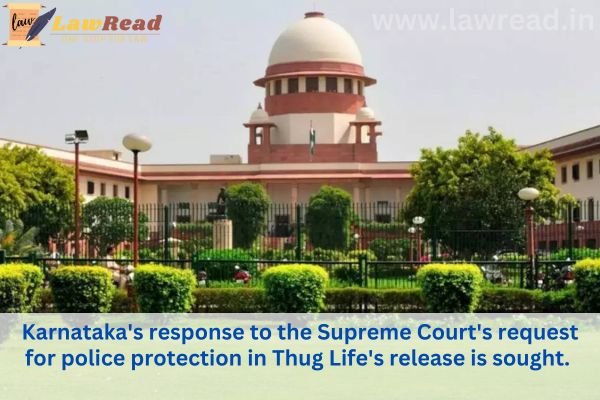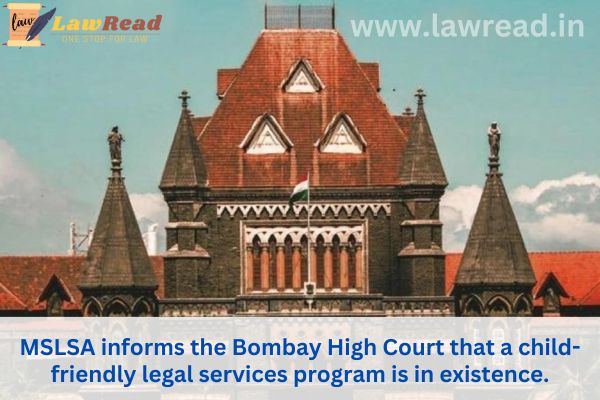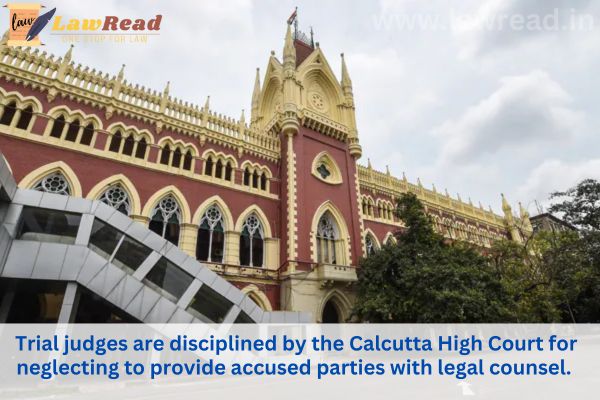News
Since teachers can only be hired through an open process, the best talent for appointments Suo Motu of the Allahabad High Court overturns government directives for compassionate appointment
According to the ruling of the Allahabad High Court, the Government Orders concerning the employment of teachers on compassionate grounds are in violation of Rule 5 of the Dying in Harness Rules, 1999.
.jpg)
The government orders pertaining to the compassionate appointment of assistant teachers were overturned by the Allahabad High Court on its own initiative, stating that they violated the principles of the Right to Education Act, 2009 (RTE Act) and went beyond the bounds of constitutional rights.
On the basis of the Government Orders of 2000 and 2013, the Court was making decisions about a number of Writ Petitions submitted by those seeking compassionate employment as Assistant Teachers.
One Justice Bench Ajay Bhanot maintained that, in accordance with Articles 14 and 16 of the Indian Constitution, the best candidates for teaching positions can only be found through an open and transparent public recruiting procedure. The aforementioned competitive merit-based selection process guarantees that the most deserving applicants are hired as teachers and that children's rights to high-quality education are successfully fulfilled.
The Bench further ruled that the Government Orders are in violation with Rule 5 of the Dying in Harness Rules, 1999, as they pertain to the appointment of instructors on compassionate grounds.
Chief Standing Counsel (CSC) Kunal Ravi Singh and Advocate Gaurav Bishan represented the Respondents, while Indra Raj Singh, Som Veer, Siddharth Khare, and Aditya Yadav represented the Petitioners.
Things to Think About
The Court was asked to consider the following queries:
A) Will the petitioner be appointed as a teacher in accordance with government orders through the prayer of mandamus uphold the law and the Constitution, or will it work against them?
B) Do the aforementioned Government Orders align with Articles 14, 16, and 21A of the Indian Constitution, as well as the rights granted to children by the Right of Children to Free and Compulsory Education Act, 2009, and the fundamental right to education that comes with it?
C) Does Rule 5 of the Uttar Pradesh Recruitment of Dependants of Government Servants Dying in Harness (Fifth Amendment) Rules, 1999, apply to the government orders?
Reasoning
"The Government Orders dated 04.09.2000 and 15.02.2013 insofar as they relate to appointment on the posts of teachers on compassionate grounds are held to be ultra vires Articles 14, 16, and 21-A of the Constitution of India," the High Court said after hearing the arguments of the lawyers. Section 3 of the Right to Education Act, 2009, which grants children the right to free and compulsory education, is violated by the Government Orders dated 04.09.2000 and 15.02.2013 inasmuch as they deal with the hiring of teachers on compassionate grounds.
On the contrary, the Court ruled that the process for appointing teachers on compassionate grounds is closed and only grants sheltered admission to a small number of people; the general public is not permitted to participate in this process.
As a result, the top personnel available on the open market cannot apply for an appointment. Under the aforementioned Government Orders dated 04.09.2000 and 15.02.2013, the only need for appointment on compassionate grounds is eligibility or possession of the required credentials for teaching positions," it continued.
The Court further pointed out that eligibility for teaching positions only specifies the minimal requirements to be considered for the position or to be considered for an open selection; it does not, by itself, establish merit.
In actuality, the process of determining merit begins with eligibility. The most dependable way to choose the most deserving applicant from among all qualified applicants for teaching positions is through constitutional recruitment procedures, as was previously mentioned. It said, "Therefore, the State's argument that eligibility is the determinant of merit in itself is rejected."
Appointing degree holders from inadequate colleges as teachers without filters that test competence or systemic checks that determine merit is fraught with serious consequences, according to the Court, which also held that there are enormous differences in the merit and competence of the degree holders from such institutions.
It further noted that "if the fundamental right of children under Article 21A of the Constitution is to be realized and the obligations of the State to bring the rights of children under the Right to Education Act, 2009 are to be faithfully discharged, then degradation in the quality of teachers by flawed appointment processes and consequent decline in standard of teaching cannot be tolerated."
The Court ruled that public recruitment procedures, as envisioned by Articles 14 and 16 of the Constitution, are the only way to fill positions that cannot be filled by compassionate appointments under Rule 5 of the Dying in Harness Rules, 1999.
Therefore, the Government Orders that allow for the employment of teachers on compassionate grounds were overturned by the Court. Additionally, the case was forwarded to the Respondents' authorities.
The High Court dismissed the Writ Petition as a result.
Title of Cause: Shailendra Kumar v. State of U.P. and 5 Others (Neutral Citation: 2025:AHC:57129)
Look:
Advocates Aditya Yadav, Siddharth Khare, Som Veer, and Indra Raj Singh are the petitioners.
Respondents included Advocates Gaurav Bishan, Ajeet Singh, Bipin Bihari Pandey, Krishna Kumar Chand, Devesh Vikram, Amicus Curiae Kunal Shah, Abhinav Mehrotra, ACSC Subhranshu Shekhar, and CSC Kunal Ravi Singh.
To read or download the Judgment, click this link.

